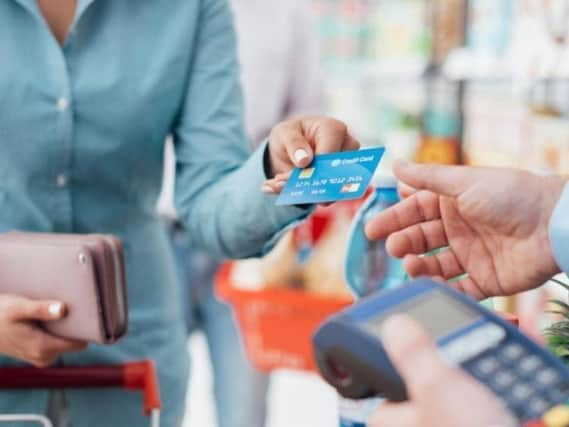Card surcharges ban - what does it mean for consumers?


Q. What are the surcharges being banned?
A. As of January 13, all surcharges for paying with either a credit or debit card will be banned under new EU rules to help improve transparency and fairness. This includes linked ways of paying such as PayPal or Apple Pay and applies to any online payments, credit transfers and direct debits.
Q. How much were they costing me?
A. Consumers have been facing hefty charges, with fees typically around 2% and on some smaller transactions accounting for as much as 20% of the bill.
Advertisement
Hide AdAdvertisement
Hide AdThe ban should make a significant difference on some purchases. It will end British Airways charging a 1% fee of up to £20 on credit cards, Ryanair charging 2% on credit cards and the DVLA a £2.50 fee on credit cards, for example.
Q. So are all extra charges on purchases banned now?